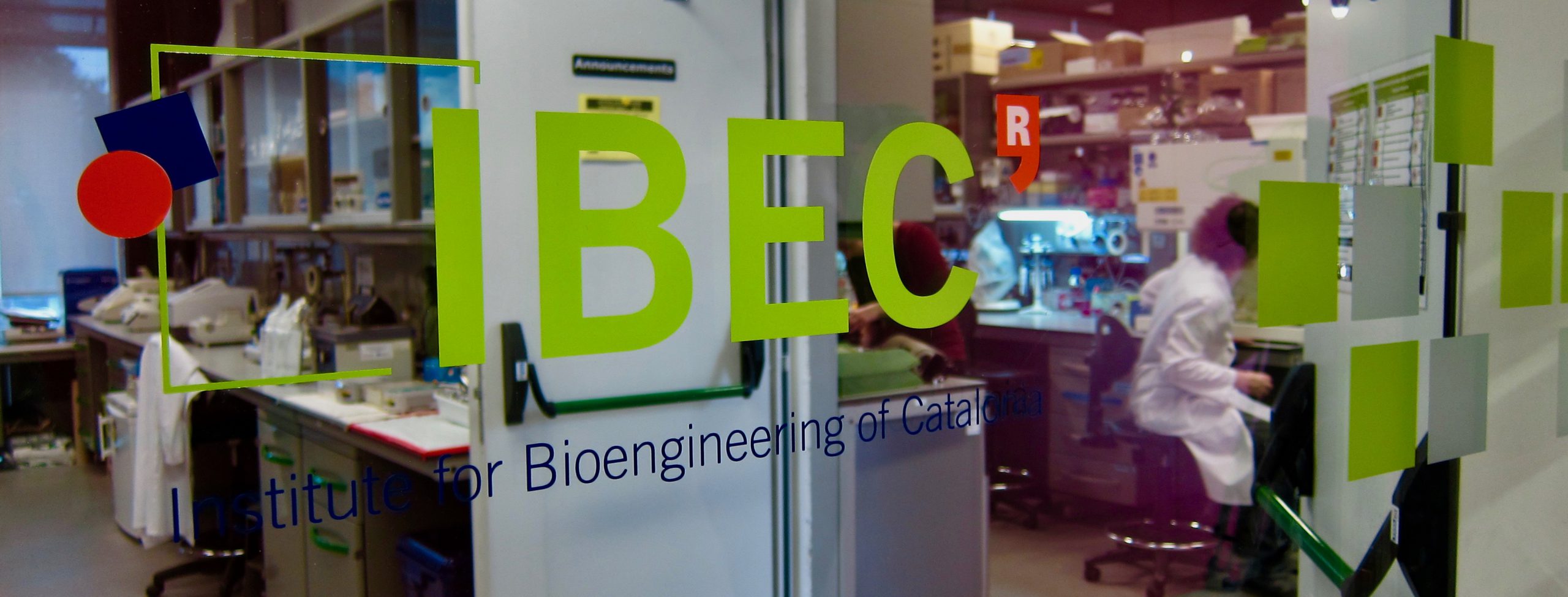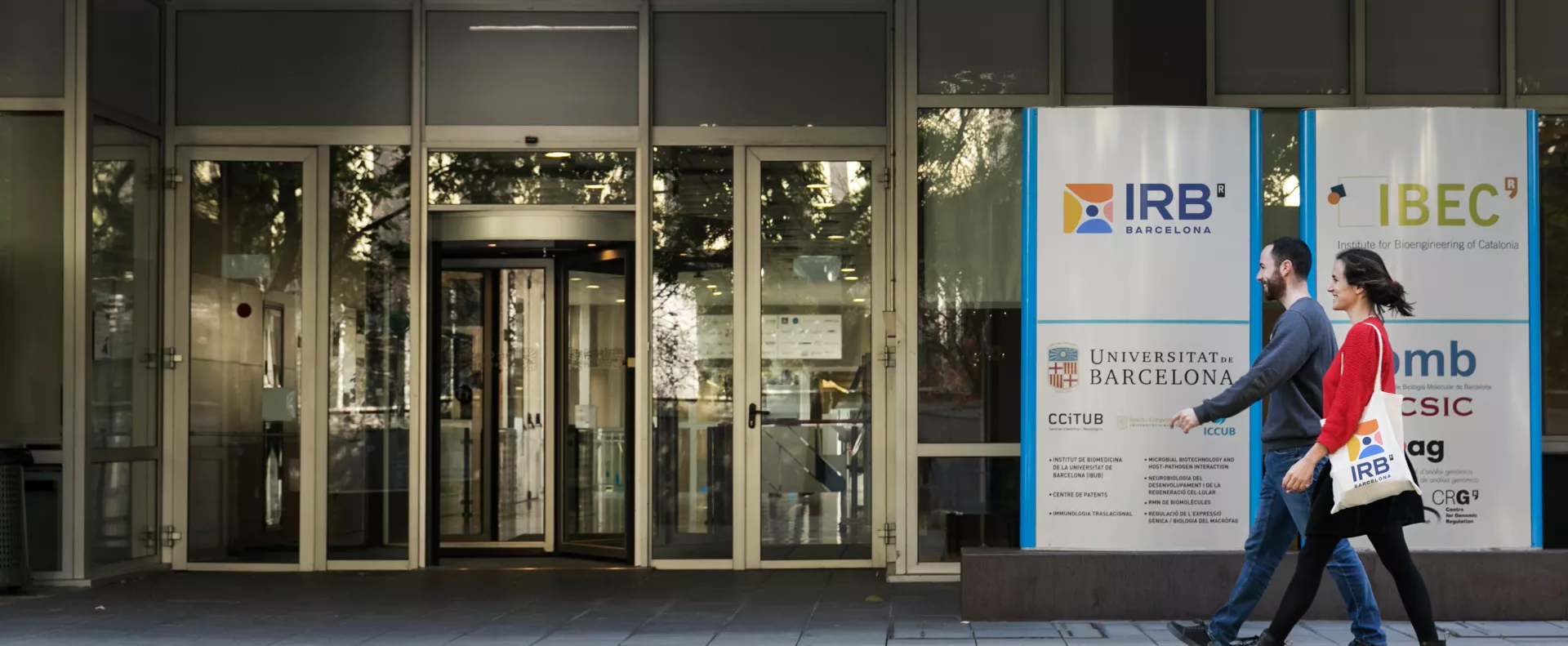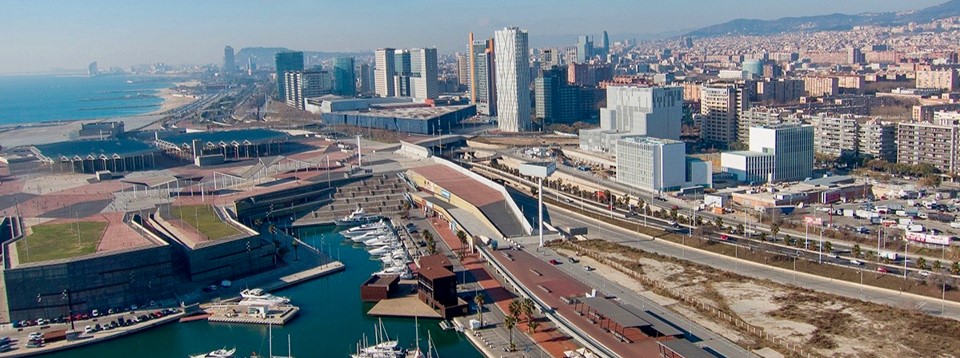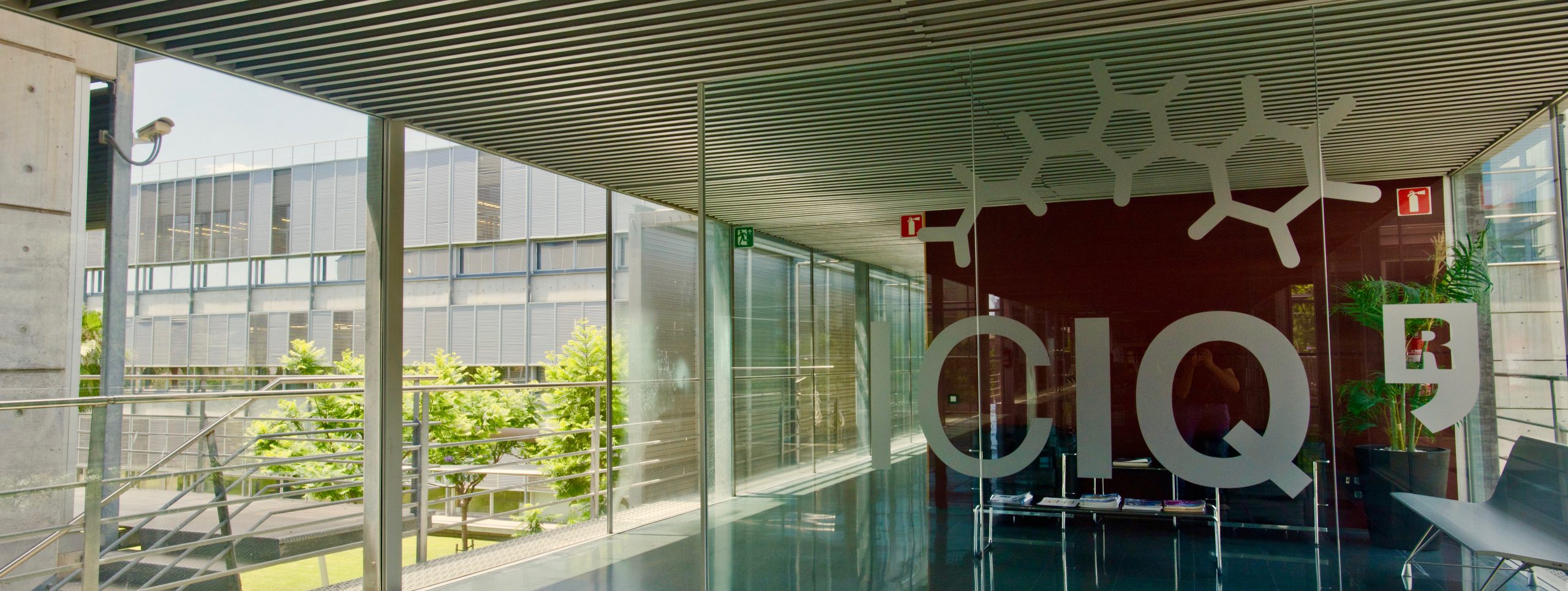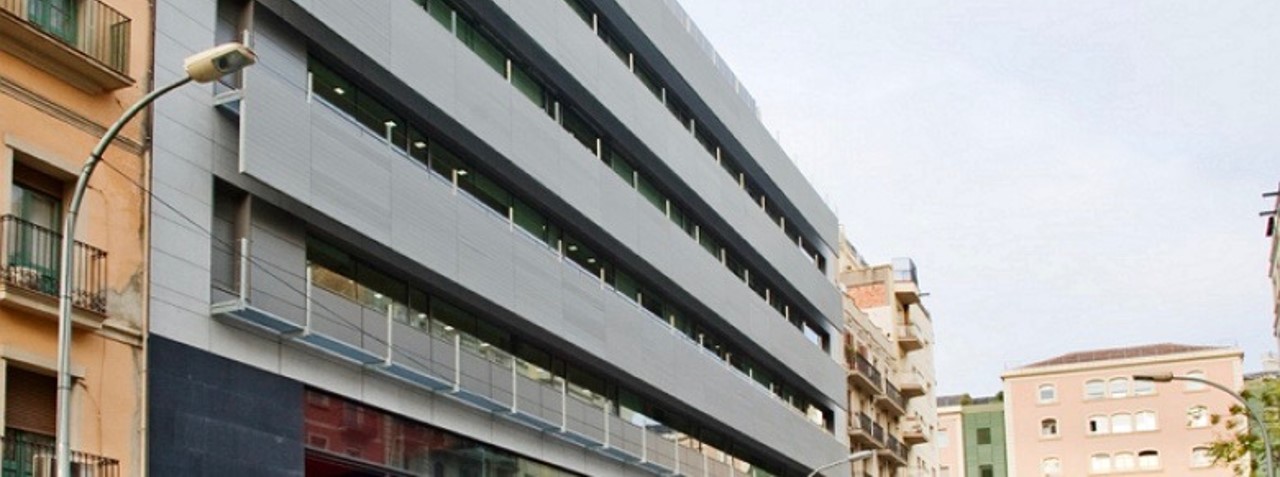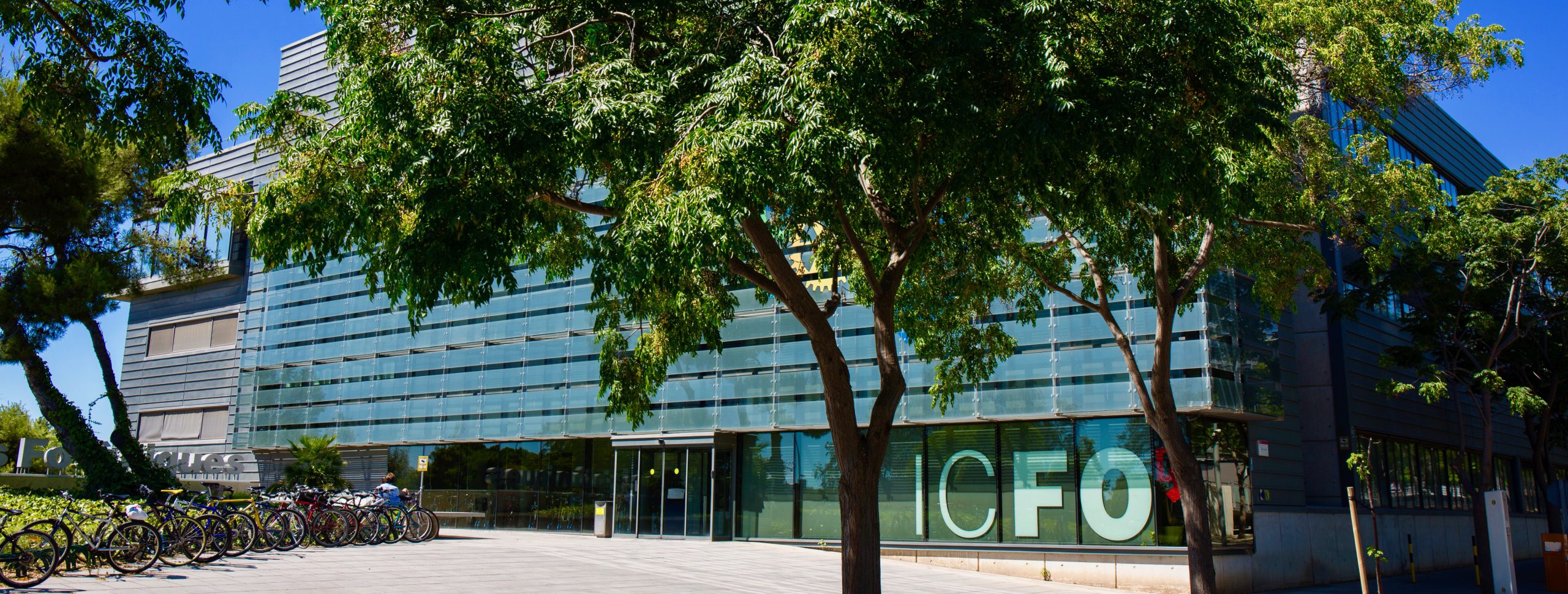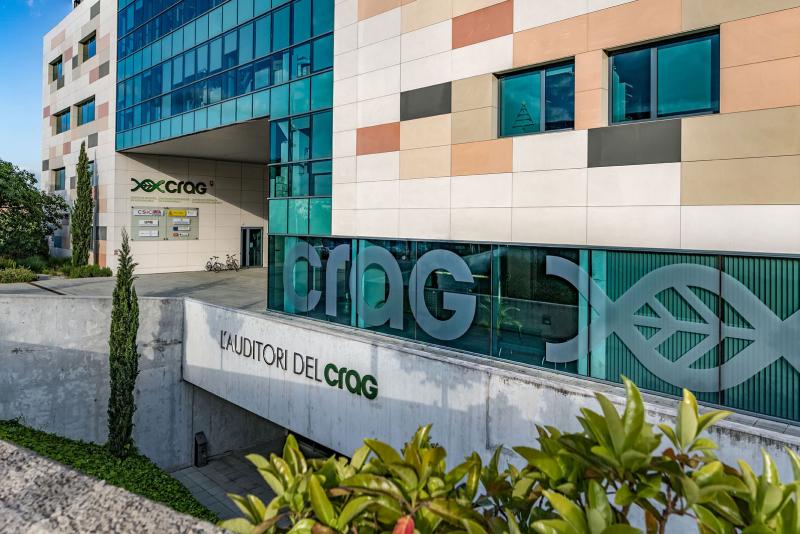The Centre for Genomic Regulation (CRG) is an international biomedical research institute of excellence, created in December 2000. The mission of the CRG is to discover and advance knowledge for the benefit of society, public health and economic prosperity. The CRG believes that the medicine of the future depends on the groundbreaking science of today. This requires an interdisciplinary scientific team focused on understanding the complexity of life from the genome to the cell to a whole organism and its interaction with the environment, offering an integrated view of genetic diseases. CRG is an international institute, with 60% of the researchers being non-nationals.
Excellence and recognition awards
- In 2017 joined the Barcelona Institute of Science and Technology (BIST)
- Since 2012 – “Severo Ochoa Centre of Excellence” seal by the Ministry of Research, Development and Innovation of Spain
- In 2013: awarded with the “Human Resources Excellence in Research” seal by the European Commission.
- Awarded 20 European Research Council (ERC) grants
Ranking positioning
- Position 5 worldwide according to Mapping Scientific Excellence ranking 2018 (‘best journal rate’ indicator)

